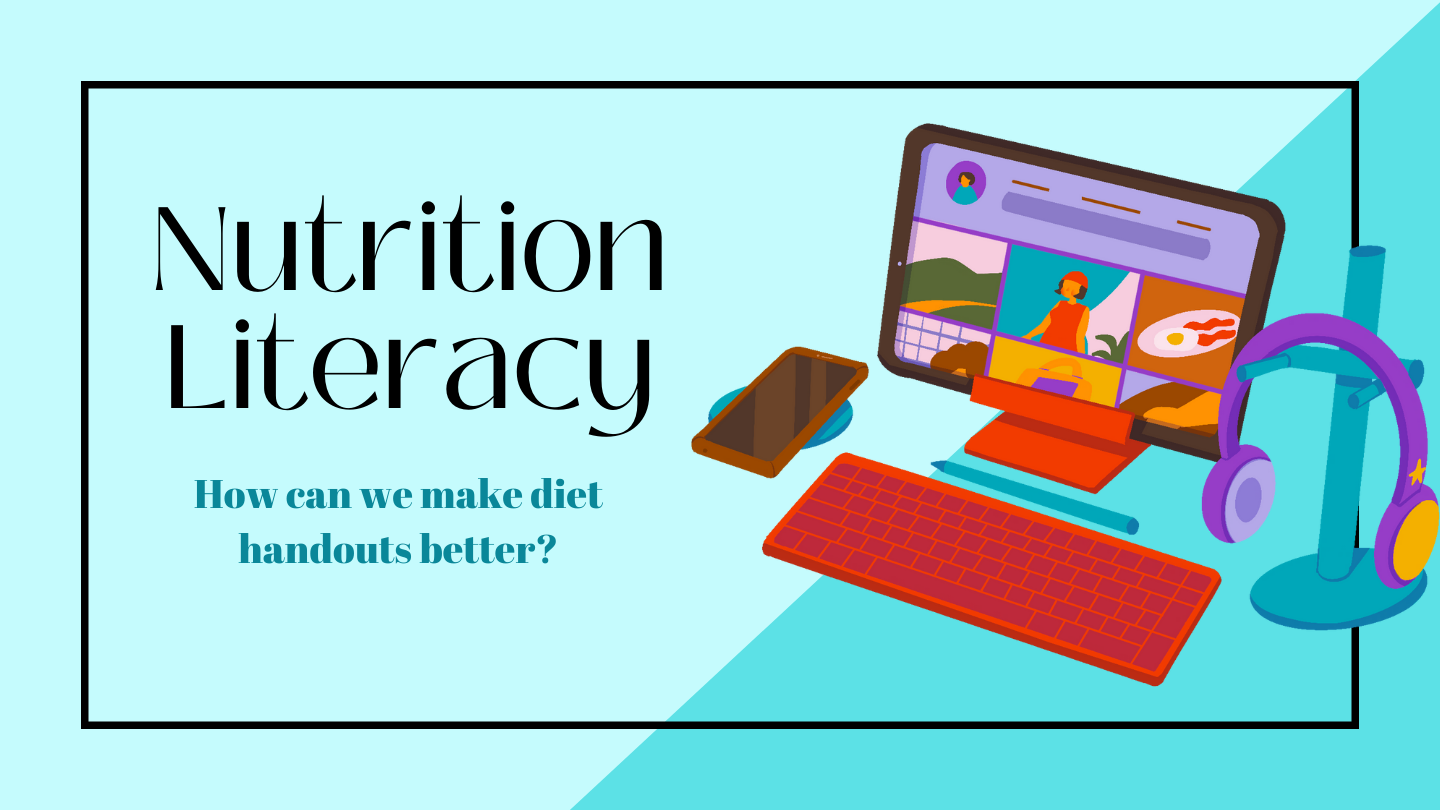In 2019 I wrote an article on potassium bioavailability. Recently, I was asked to create a patient resource summarizing the article. It’s been on my
Author: Kelly Picard PhD RD
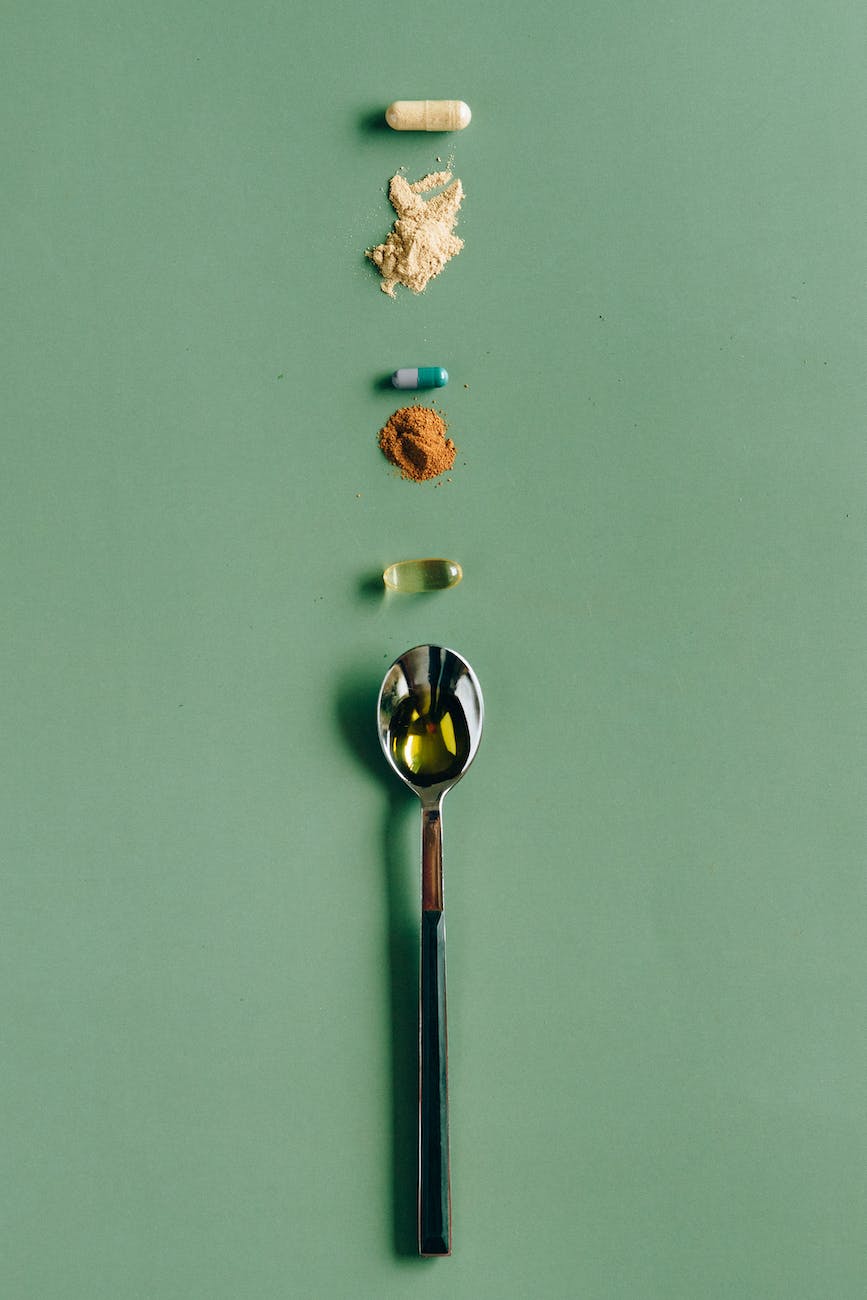
I saw this question on the Renal RD facebook page and it got my brain wheels spinning. How much protein is in a keto-analogue? How
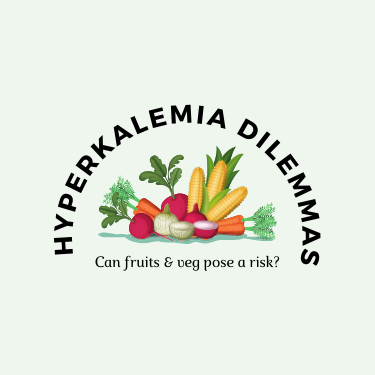
If you know me, then you know that I my goal is to get bananas off the potassium handout. And by that I mean, I

Imagine a world where checking your potassium levels is as easy as checking blood glucose levels. What would that do for our understanding of how
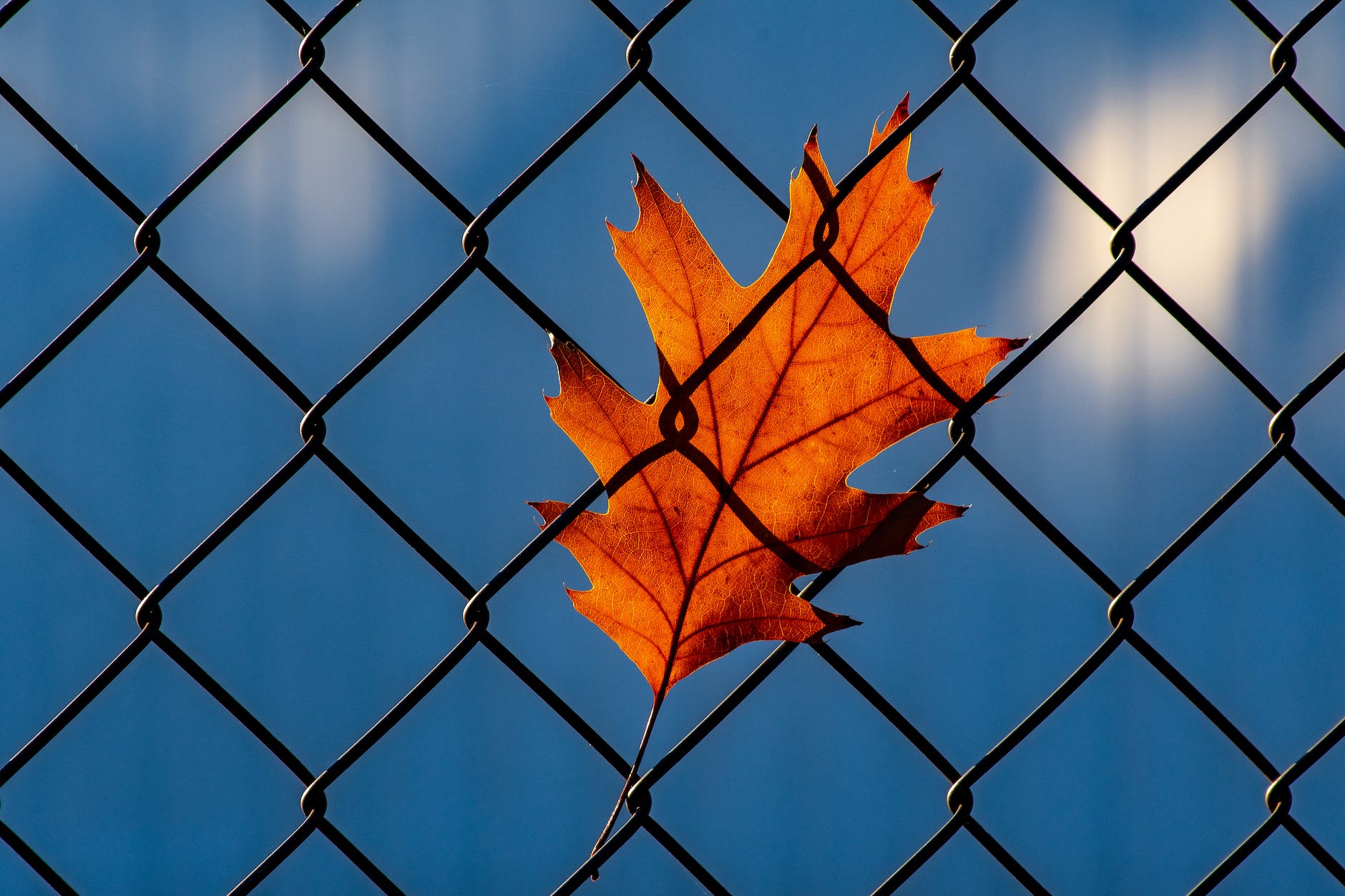
Today’s journal club article: Experiences and Perspectives of Dietary Management Among Patients on Hemodialysis: An Interview Study Background For those of us who work in
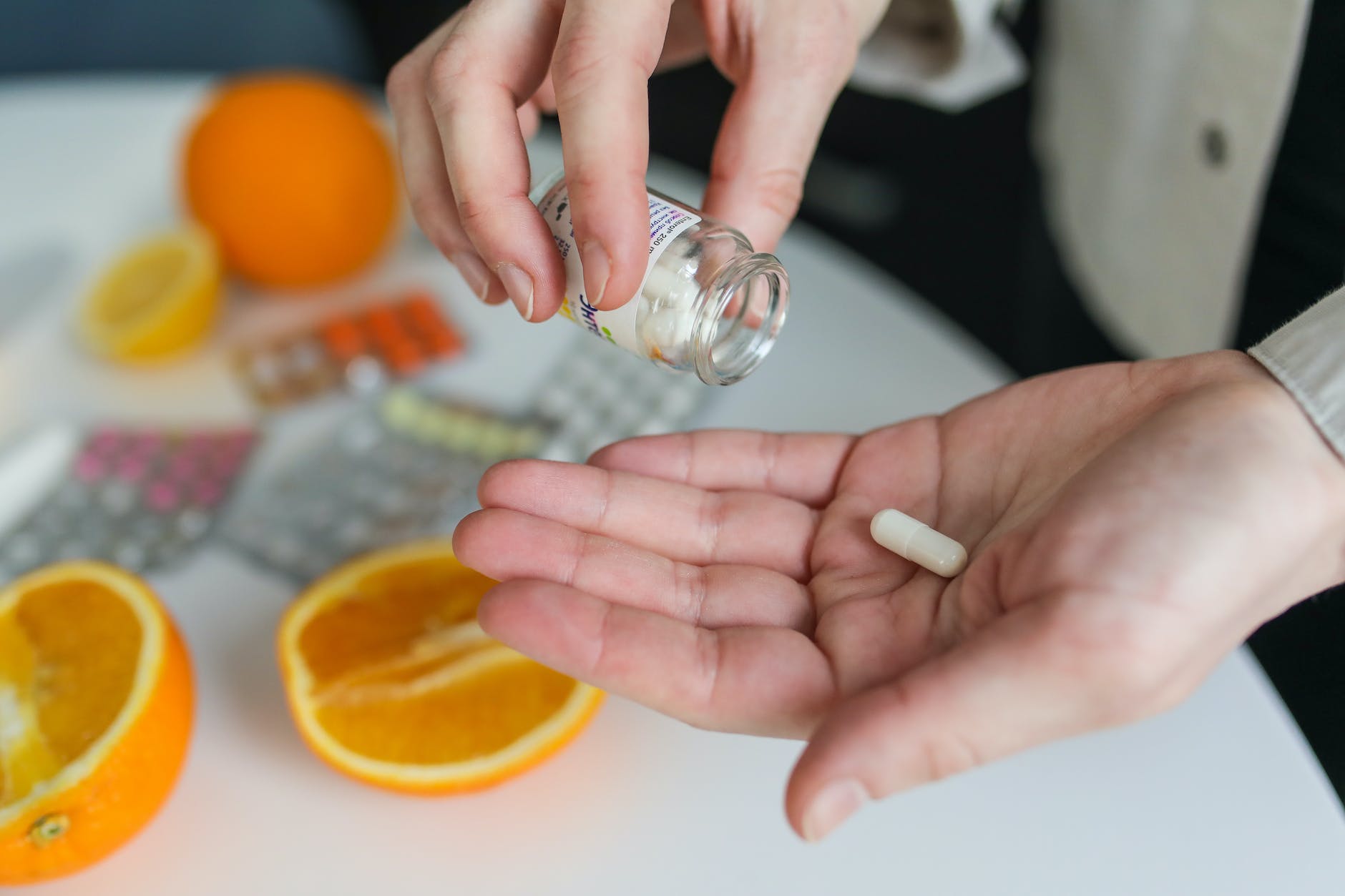
Today I am talking about two amino acids supplements: L-arginine and glutamine. What evidence is to support that these amino acids can help reduce protein

I received an email this week asking about celery extract. This is a product often listed on “natural” processed meats, such as Maple Leaf Naturals.

Danielle asked what do we need to know about insulin requirements for peritoneal dialysis (PD). Thanks for the question Danielle, lets dig in. Why would
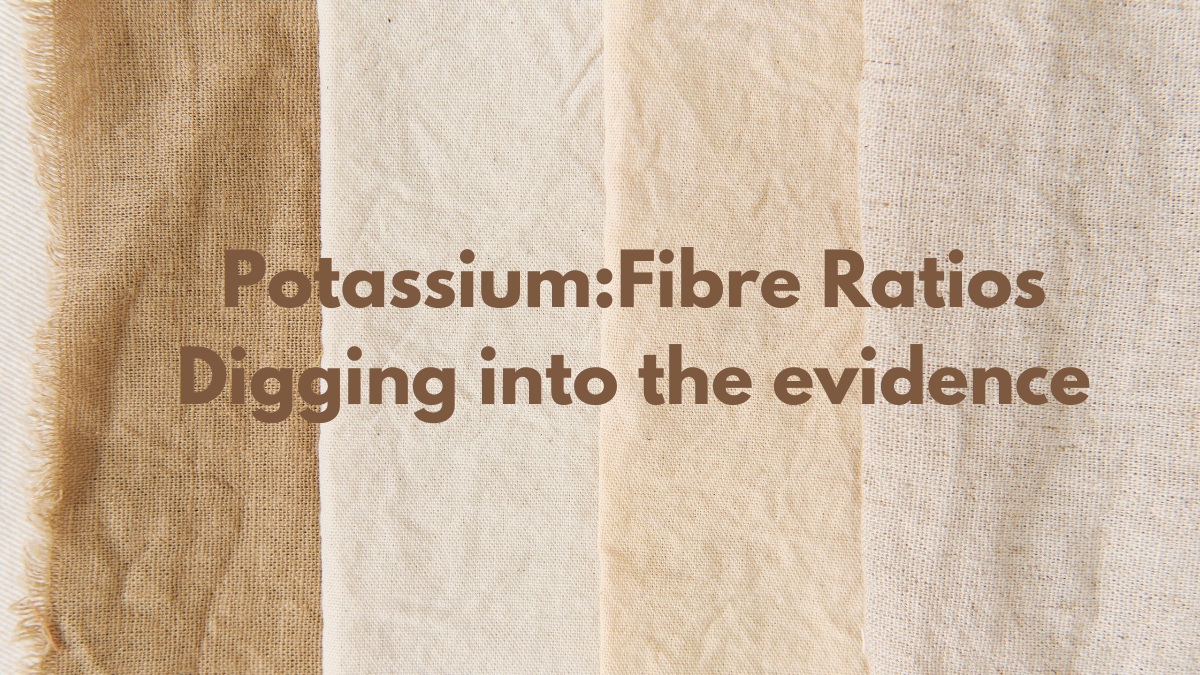
I received this question from a colleague of mine who was wondering if we should start including potassium:fibre ratios. There have been a few studies
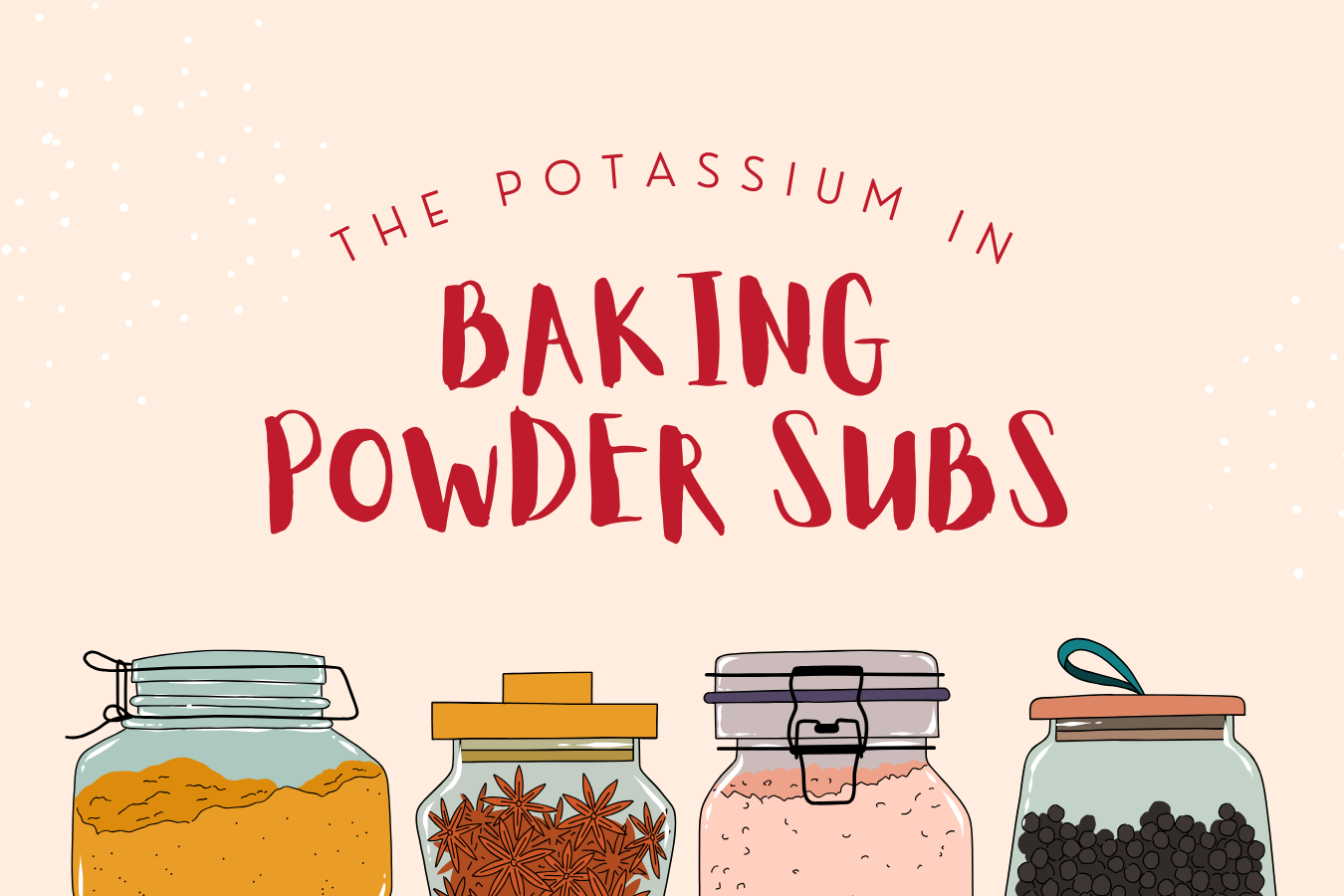
Not too long ago, I was asking a question about the phosphorus content of baking powder. I did some math to calculate the phosphorus content

